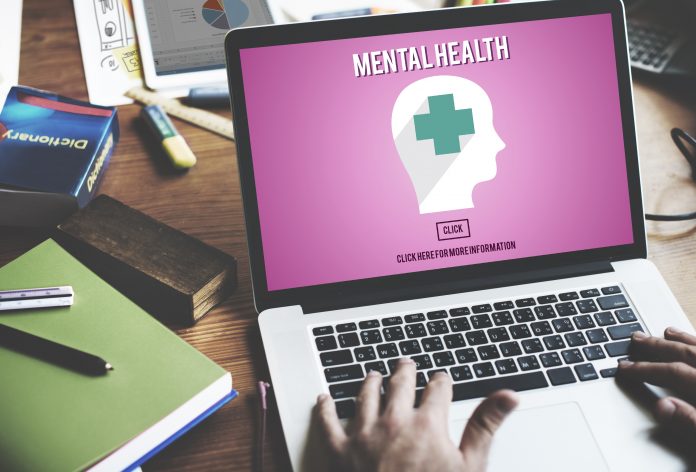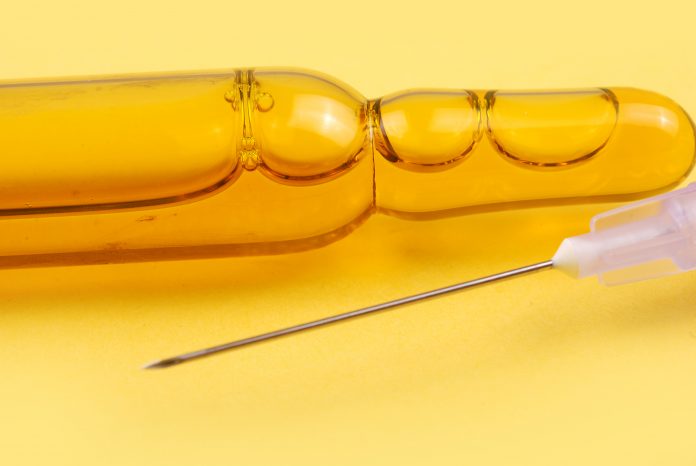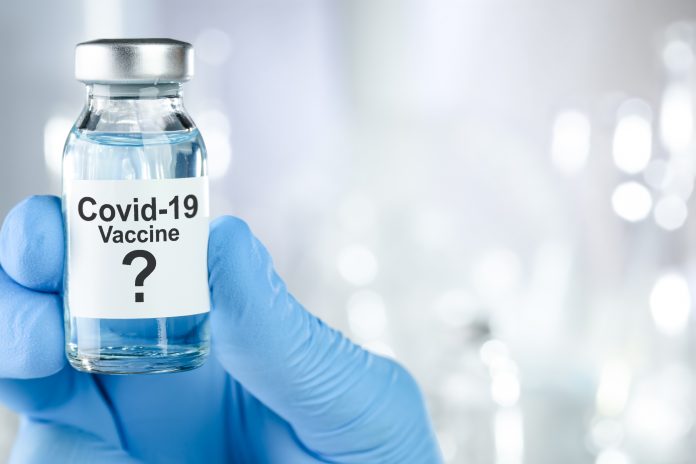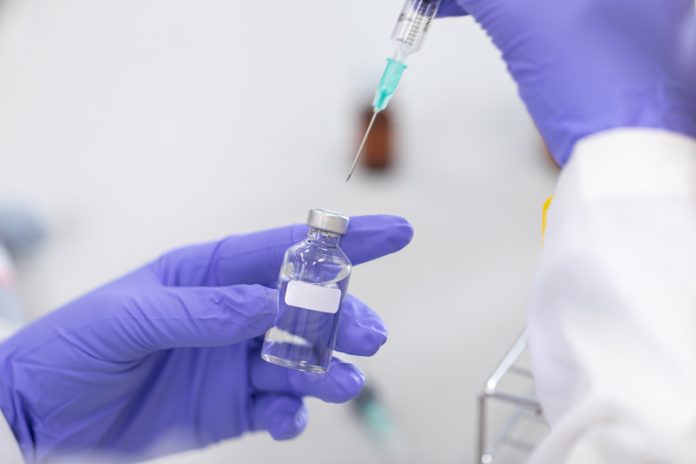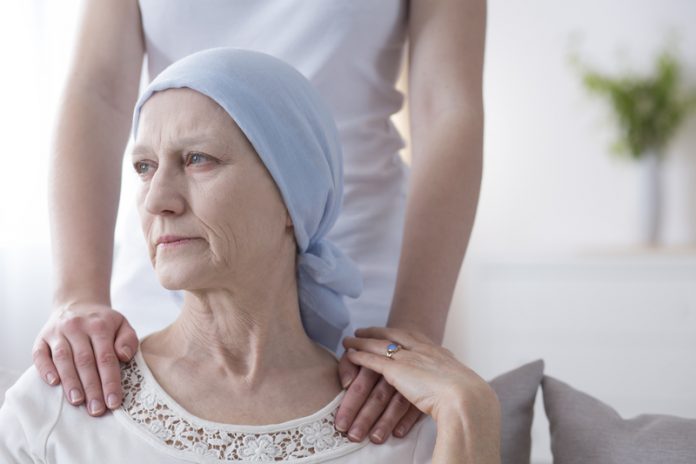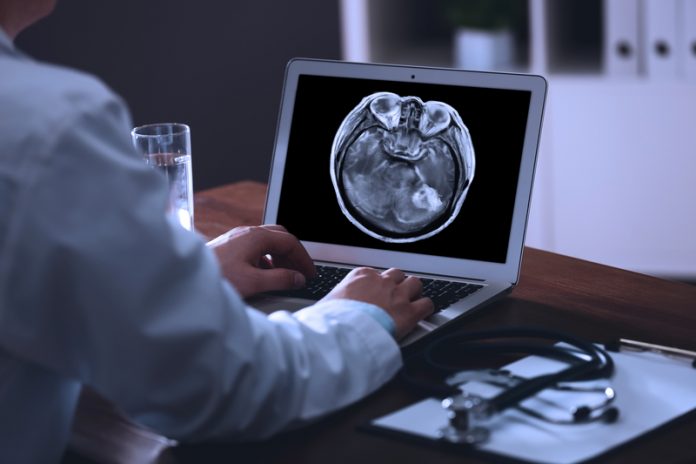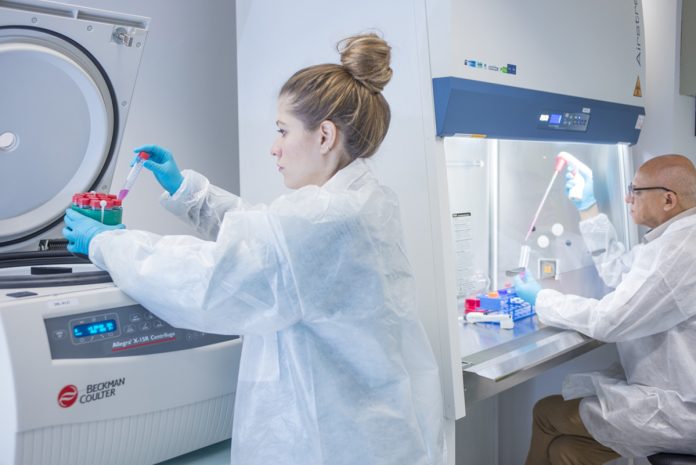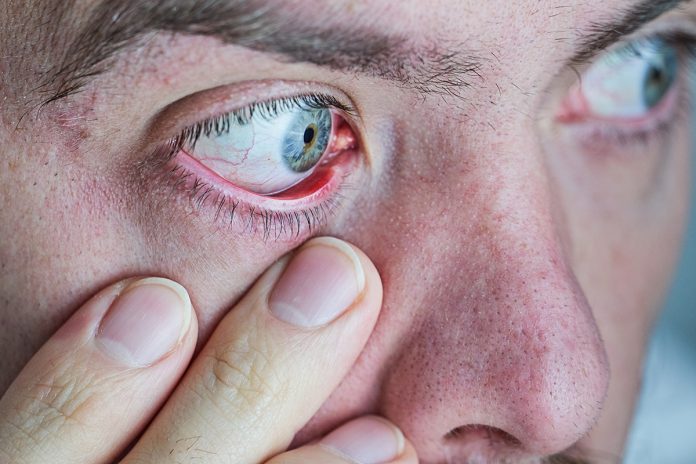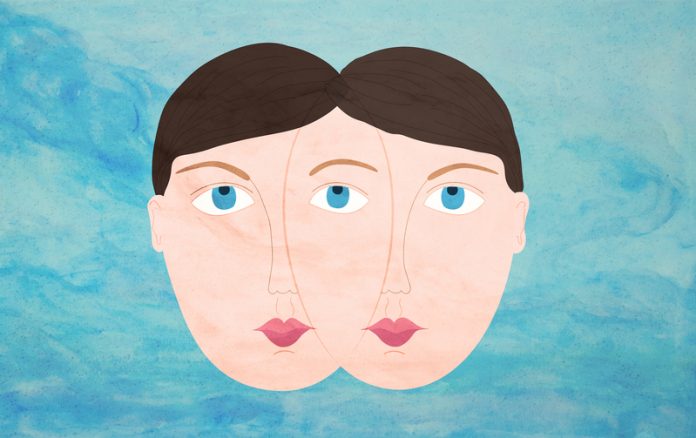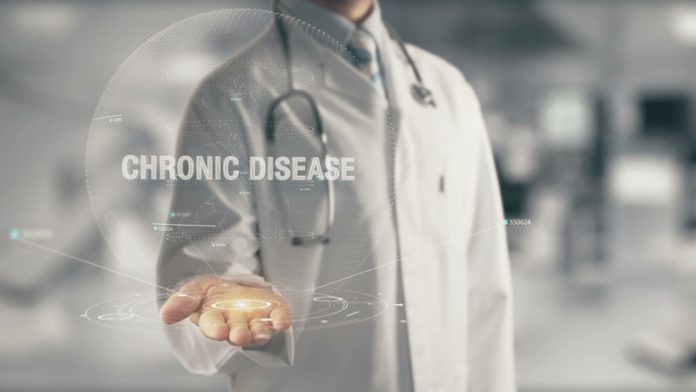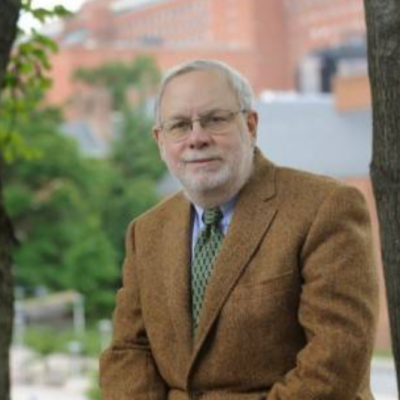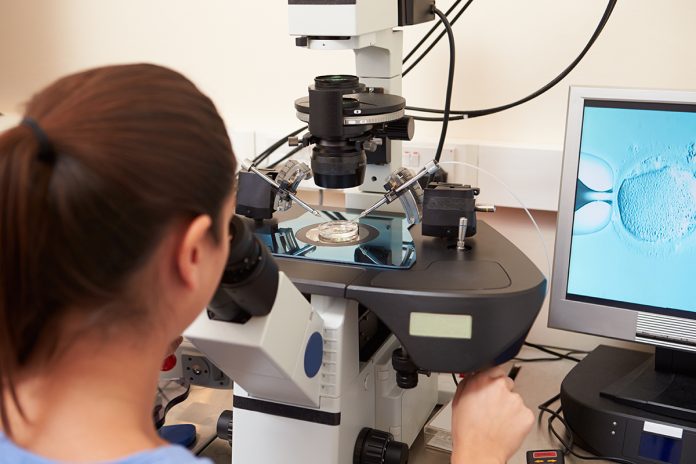Open Access Government produces compelling and informative news, publications, eBooks, and academic research articles for the public and private sector looking at health, diseases & conditions, workplace, research & innovation, digital transformation, government policy, environment, agriculture, energy, transport and more.
Home Search
gene therapy - search results
If you're not happy with the results, please do another search
Could technology actually be good for our mental health?
Brendan Street, Professional Head of Emotional Wellbeing, Nuffield Health, explores whether technology can have a positive effect on our mental health.
Scientists think protein injection could be diabetes vaccine
The idea is still at an early stage, but initial clinical study results show that immunotherapy against type 1 diabetes could function as a 'diabetes vaccine.'
Building readiness for innovative health technologies
Senior Researcher in Social Science Michael Morrison explains why disruptive technologies need institutional and systemic readiness to truly realise the benefits of healthcare innovation.
How patients can overcome needle phobia and get the COVID vaccine
Dr Deborah Lee, Dr Fox Online Pharmacy, explores what can be done to help patients who refuse the COVID-19 vaccination due to needle phobia.
Life expectancy is up for HIV patients in Latin America
Researchers studied over 30,688 HIV patients across seven Latin American countries - finding that life expectancy has dramatically increased over a period of 14 years.
Trial finds York/Hull leishmaniasis vaccine is safe
A new vaccine, developed by researchers at the Hull York Medical School, to treat leishmaniasis has proved to be safe in the first clinical trials.
CBD oil for ADHD: What the research shows
CBD oil is popular for its wide-ranging therapeutic benefits, but what about its effects on ADHD? Here’s what the research shows.
Improving cancer treatment and services during and beyond COVID-19
Greg Quinn, BD UK, explores how cancer treatment and services have been impacted by the pandemic and the potential role of medical technology in supporting the NHS during this complex time.
Biosimilars: Improve access to treatment & reduce cost
Tore K Kvien & Guro L Goll argue that biosimilars are an opportunity for improving access to treatment & reducing cost and provide comment on the NOR-SWITCH study.
Brain cancer therapeutics: Overcoming the barriers
Sean E. Lawler PhD from Brigham and Women’s Hospital, Harvard Medical School, sheds light on overcoming the barriers when it comes to brain cancer therapeutics.
Improving staff satisfaction during a global pandemic
Lesley Youren, Hospital Segment Marketing Manager at Draeger Medical UK, talks about creating care-centred workplaces and improving staff satisfaction during a global pandemic.
Curative approach to severe autoimmune diseases
Andrew Mackie, VP Business Development tells us how Imcyse, a Belgian immunotherapy expert, seeks a curative approach to severe autoimmune diseases.
Reconstructive Dentistry: New biomaterials & technologies
Mutlu Özcan, Prof. Dr Dr h.c., PhD from the University of Zürich, highlights Reconstructive Dentistry through new biomaterials and technologies, including the associated changes and challenges.
A simple prescription for healing chronic disease
Dr Shireen Kassam MBBS, FRCPath, PhD, dipIBLM, Founder and Director of Plant-Based Health Professionals UK, explains a simple prescription for health as a remedy to chronic disease.
Polymers and polymer-based drug delivery in the treatment of dry eye disease
Professor Heather Sheardown, C20/20 Ophthalmic Materials Innovation Hub, Department of Chemical Engineering, McMaster University, explores how polymers can be used to treat dry eye disease.
Understanding personality disorders
Dr Deborah J Lee, Dr Fox Online Pharmacy, tells us everything we need to know about personality disorders, including how they are diagnosed and treated.
Innovation in chronic disease prevention
Dr Eugene Durenard, CEO of Hyperbolic Holdings GmbH discusses promising emerging technologies in the field of early detection and prevention of major chronic diseases.
Llamas create COVID-19 antibodies that humans can inhale as a vaccine
Scientists at the University of Pittsburgh are creating COVID-19 antibodies in llamas, to understand how humans could engineer better immune responses.
Alan N. Schechter, MD – Molecular Medicine Branch, NIDDK
Dr. Alan N. Schechter received the M.D. degree from Columbia University and after clinical training he joined the National Institutes of Health in 1965.
How valuable are randomised controlled trials in reproductive medicine?
Professor Darren Griffin reflects on how patients in fertility clinics should interpret the scientific evidence base when even the experts can’t seem to agree.

